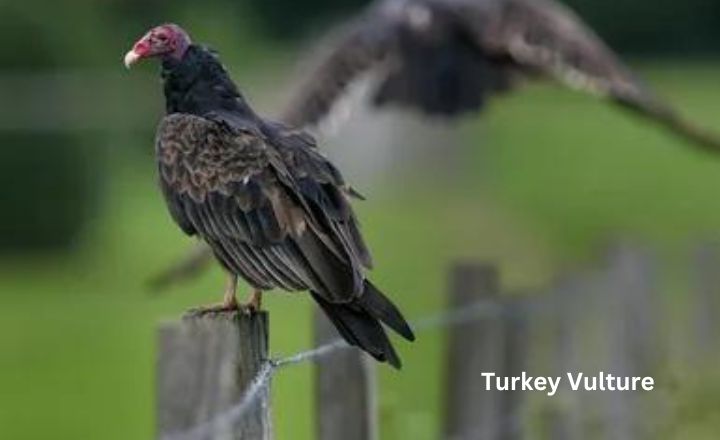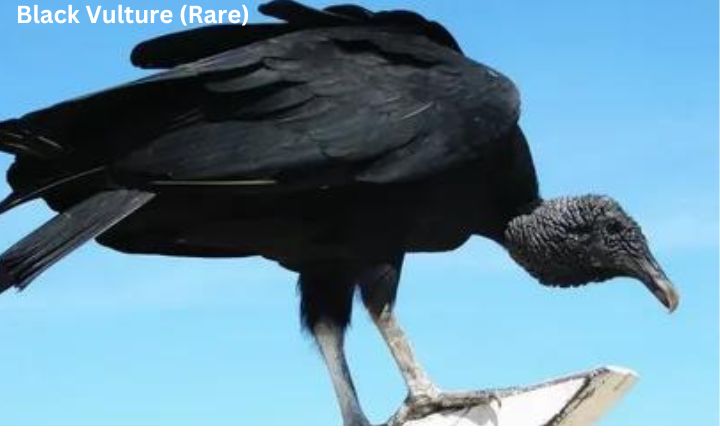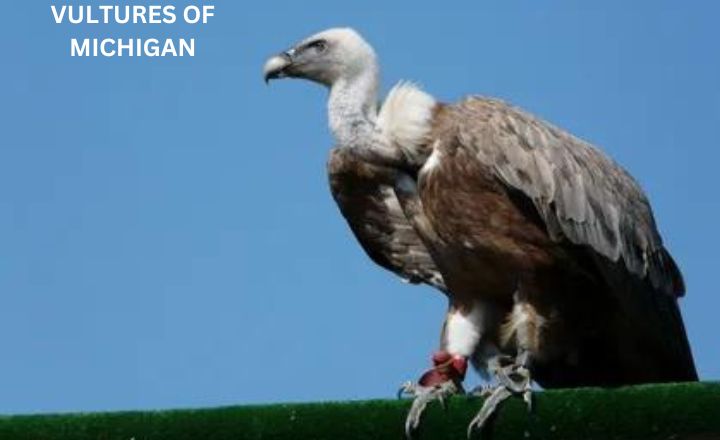VULTURES OF MICHIGAN (2 SPECIES) The turkey vulture, known for its distinct red head and keen sense of smell, symbolises resilience and adaptation in the Great Lakes state’s wilds. These magnificent birds have long been misunderstood and often overlooked, yet their presence plays a crucial role in maintaining the delicate balance of nature’s cycle.
As we delve deeper into the world of Michigan’s vultures, we uncover a fascinating tapestry woven with tales of survival, migration patterns, and intricate social hierarchies. From their soaring flights over verdant forests to their elegant landings on deserted roadsides, these avian predators captivate our imagination and challenge our perceptions. Join us in exploring the untamed wilderness as we unravel the mysteries surrounding these enigmatic vultures that call Michigan home.
Menu pricing varies by restaurant. Check the menu or website for specific prices. Contact the restaurant directly for accurate information.
Vultures of Michigan
The turkey vulture, a common sight in Michigan, plays a crucial role in the ecosystem as nature’s cleanup crew. What sets the turkey vulture apart from other native vultures in Michigan is its distinctive red head and keen intelligence. These birds have been observed using innovative tactics to overcome challenges, such as dropping objects onto hard surfaces to crack open tough food sources. Join us on a journey through the mystical realm of owls in Michigan; read and learn about owls.
Turkey Vulture

The Turkey Vulture, with its distinctive red head and v-shaped wing posture in flight, is a common sight in Michigan. Known for their scavenging habits, these impressive birds play a crucial role in the ecosystem by consuming carrion and helping prevent disease spread. With their intimidating appearance and reputation as nature’s clean-up crew, turkey vultures are pretty gentle and non-aggressive towards humans.
Michigan provides an ideal habitat for turkey vultures, with its diverse mix of forests, grasslands, and wetlands offering ample food sources. These birds can often be seen soaring effortlessly on thermal updrafts while searching for food below. While some may find them unsightly or off-putting, turkey vultures serve an important ecological function by recycling nutrients into the environment.
If you’re looking to glimpse these majestic creatures in Michigan, keep an eye out for them soaring over open areas such as fields or along highways where roadkill is abundant. With their keen sense of smell and sharp eyesight, turkey vultures are skilled at detecting food from great distances. Next time you spot one circling overhead, take a moment to appreciate its valuable role in maintaining balance within nature’s delicate web of life.
Black Vulture (Rare)

The elusive Black Vulture, a rare and mysterious bird of prey, can be identified by its dark plumage and distinctive silvery-grey head. This sleek and powerful creature often soars high in the sky, with a wingspan of up to six feet. With keen eyesight and sharp talons, the Black Vulture is a masterful hunter that preys on carrion, playing a crucial role in cleaning up decaying matter and helping to maintain the balance of ecosystems.
This elusive species can be found in various habitats across the Americas, from southern Canada to South America. Despite its extensive range, the Black Vulture prefers open areas such as grasslands, forests, and coastal regions where it can easily spot its next meal. Known for their scavenging behaviour, these birds often congregate at carcasses or garbage dumps for food.
Black Vultures are known for their cooperative feeding habits when it comes to foraging behaviour. They often gather in groups to hunt or scavenge for food sources such as roadkill or scraps left behind by larger predators. With their sharp beaks and digestive solid systems capable of breaking down rigid materials like bone, these incredible birds play a vital role in maintaining healthy ecosystems wherever they roam.
Final thought for VULTURES OF MICHIGAN
The two species of vultures found in Michigan, including the impressive turkey vulture, play a crucial role in our ecosystem by scavenging and disposing of carrion. Despite facing threats such as habitat loss and poisoning from ingesting lead ammunition, conservation efforts have been put in place to protect these important birds. We can ensure their continued presence in Michigan’s skies by raising awareness about the significance of vultures and taking steps to mitigate the dangers they face. Let us strive to appreciate and protect these majestic creatures for future generations to admire and cherish. Join us in supporting initiatives that safeguard the well-being of Michigan’s vultures.
FAQs:
Is Vultures Consider Dirtiest Animal in the World?
Many people believed that valtures are consideresed to be the dirtiest animal in the world due to their scavenging habits. Vultures play a crucial role in the ecosystem by consuming carcasses and preventing disease spread.
What do vultures eat?
Vultures primarily feed on dead animals, which contributes to their ‘dirty’ image; however, this diet is essential for maintaining environmental health.
Do vultures have any hygiene habits that contradict their reputation?
Yes, vultures are known to engage in behaviors like sunbathing and bathing in water or dust to keep their feathers clean and free of parasites.


